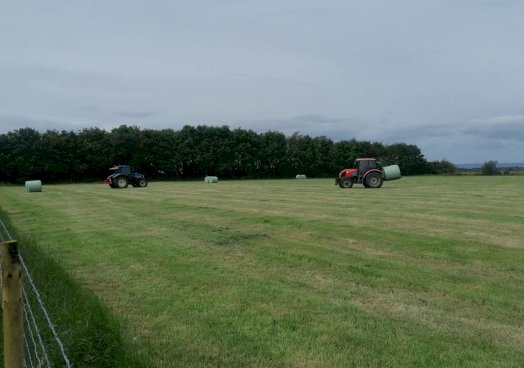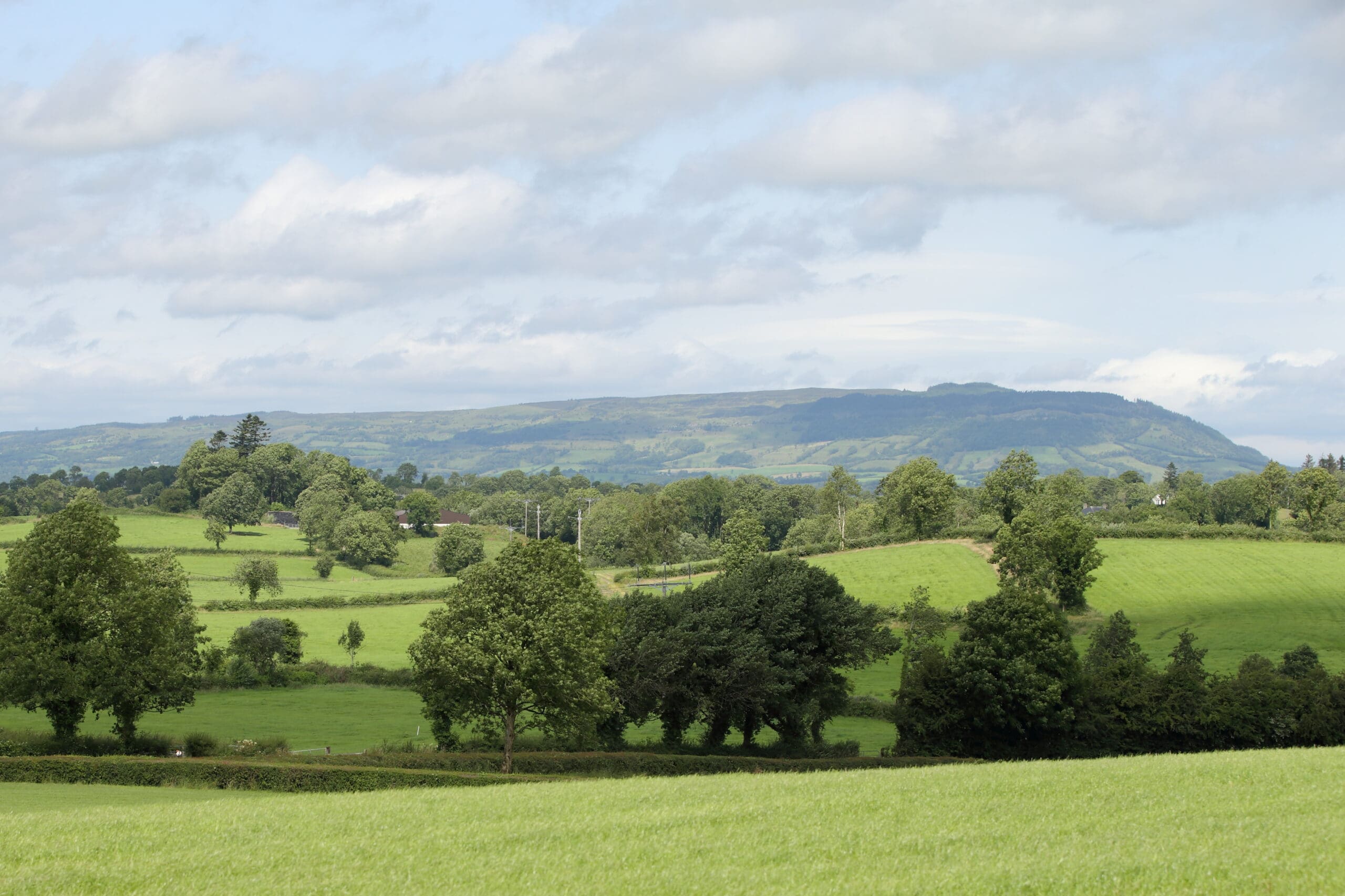
Commodity watch by senior policy officer, Chris Osborne
Early last year, the Agriculture Minister set out his intention to revoke the Agricultural Wages (Regulation) (Northern Ireland) Order 1977 and the subsequent abolition of the Agriculture Wages Board (AWB). The Ulster Farmers’ Union (UFU) have lobbied for 11 years for the AWB to be abolished and support this move. Our experience of the most recent round of wage negotiations (which concluded last month) have hastened the urgency for this to be ratified by the Norther Ireland (NI) Executive.
Farm businesses rely upon skilled and competent workers and our membership have always paid their farm workers a rate that guarantees this. Following abolition of the AWB, agricultural workers in NI would receive the protections afforded by wider employment law and UK minimum and national living wage rates.
AWB setup
In terms of who sits on the AWB and who negotiates the agriculture wage rate for the year ahead, local farm workers are represented by the trade union Unite. They are made up of one principal trade union official and five members who are mainly Unite officials at a large poultry processor. The employers are represented by the UFU, five farmers who are from a diverse range of sectors and a member of policy staff. The Board consists of three independent members, including a chairman who oversees the AWB meetings, and they are appointed by the minister.
In the event of the two parties not being able to reach an agreement, the independents act as an arbiter and decide on a rate, considering the points by the two sides. However, at present there are two independent members, pending the outcome of legislative approval of the Minister’s proposal to revoke the 1977 Order.
Grading structure
The AWB format established in 1977 sets out six worker grades which take account of the training, experience and responsibility of workers. The requirements for these grades are set out within the legislation. However, this has been convoluted by government wage policy.
Impact of government wage policy
Government wage policy is for this to be 66.7 percent of the mean national average by 2024, which is estimated to be currently close to £11 per hour and basic wages have increased by over 20 percent in real terms over the past seven years. The introduction of the National Minimum Wage (NMW) and latterly the National Living Wage (NLW) has rendered the AWB surplus to requirements. Since the agricultural wage is based on training and experience and with the NMW and NLW based on age, there is a conflict between the two which in turn makes agricultural wage rates confusing. It is against this background that the Minister has sought to bring legislation to the Assembly to abolish the Board.
Agri wage rate negotiations 2022/23
- Autumn 2021 – Presentation to the Board by DAERA and the UFU. Unite chose not to provide a presentation.
- December 2021 – Papers presented by UFU and Unite. In light of the astronomic and unprecedented rise in input costs on our farms, the UFU, in our formal submission, did not propose any increase to wage rates.
- February 2022 – Following formal submissions, the two sides met to negotiate the wage rate for 2022/23.
The Unite offer focused on the impact of high inflation, claiming that it was making life so difficult for workers and consequently demanded an increase of nine percent on all grades, the highest starting point in our time sitting on the AWB. The negotiations proceeded with the UFU making several improved offers and we considered stopping negotiations and passing it to the independent panel, but the imbalance in their numbers meant that the cards were stacked against us, and we were left in a no-win scenario and five percent was the best we had to settle for grades three-six.
Taking the current rampant inflation into account, the UFU board members are very concerned about future wage negotiations. With duplicating legislation i.e., the National Living Wage increasing six-point-six percent this year, meaningful and reflective wage negotiations have been rendered pointless. Until the AWB is abolished, the UFU’s hands are tied, and we are caught between and rock and hard place. In light of this we would urge that the NI Executive expedite the revoking of the Agricultural Wages (Regulation) (Northern Ireland) Order 1977.




